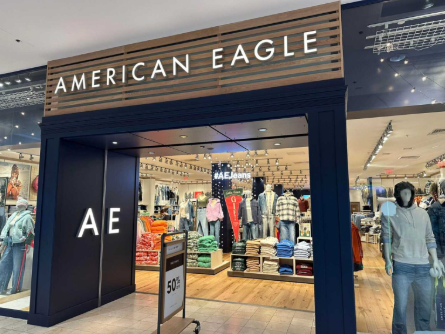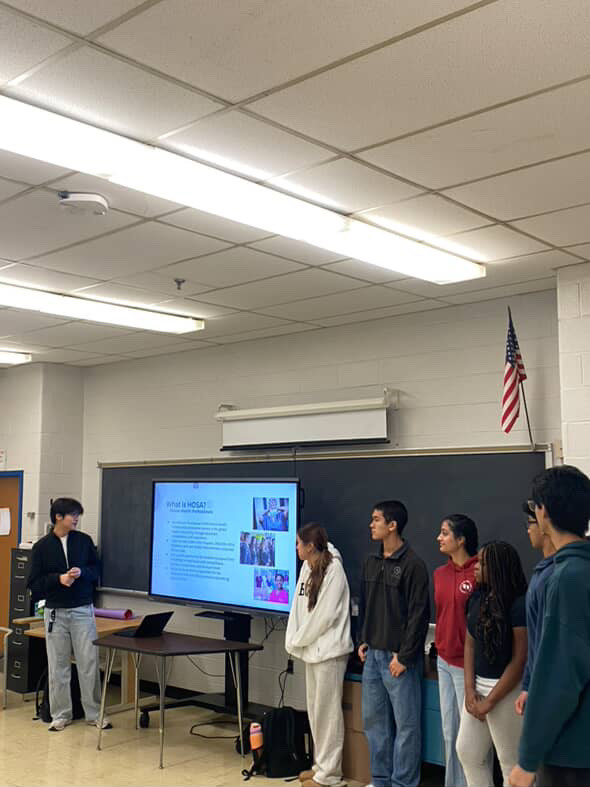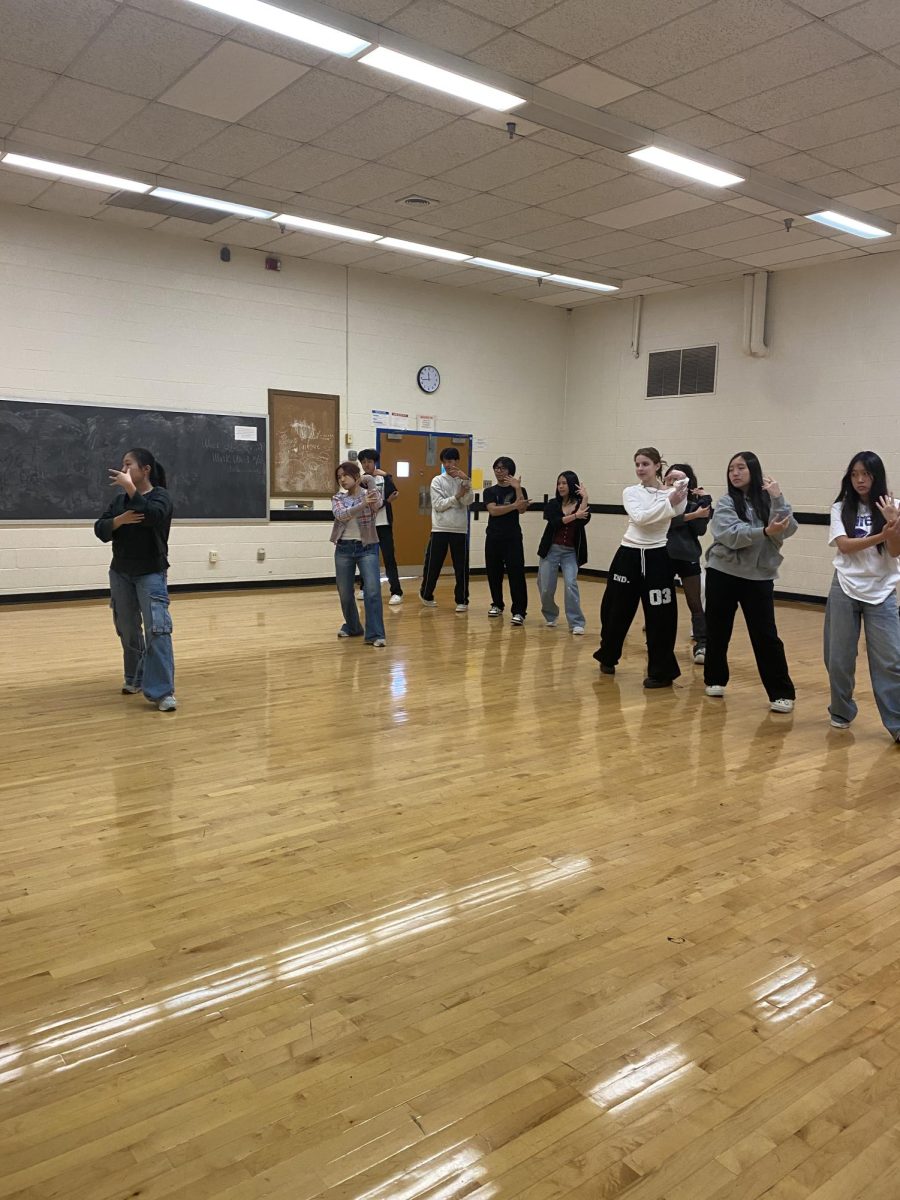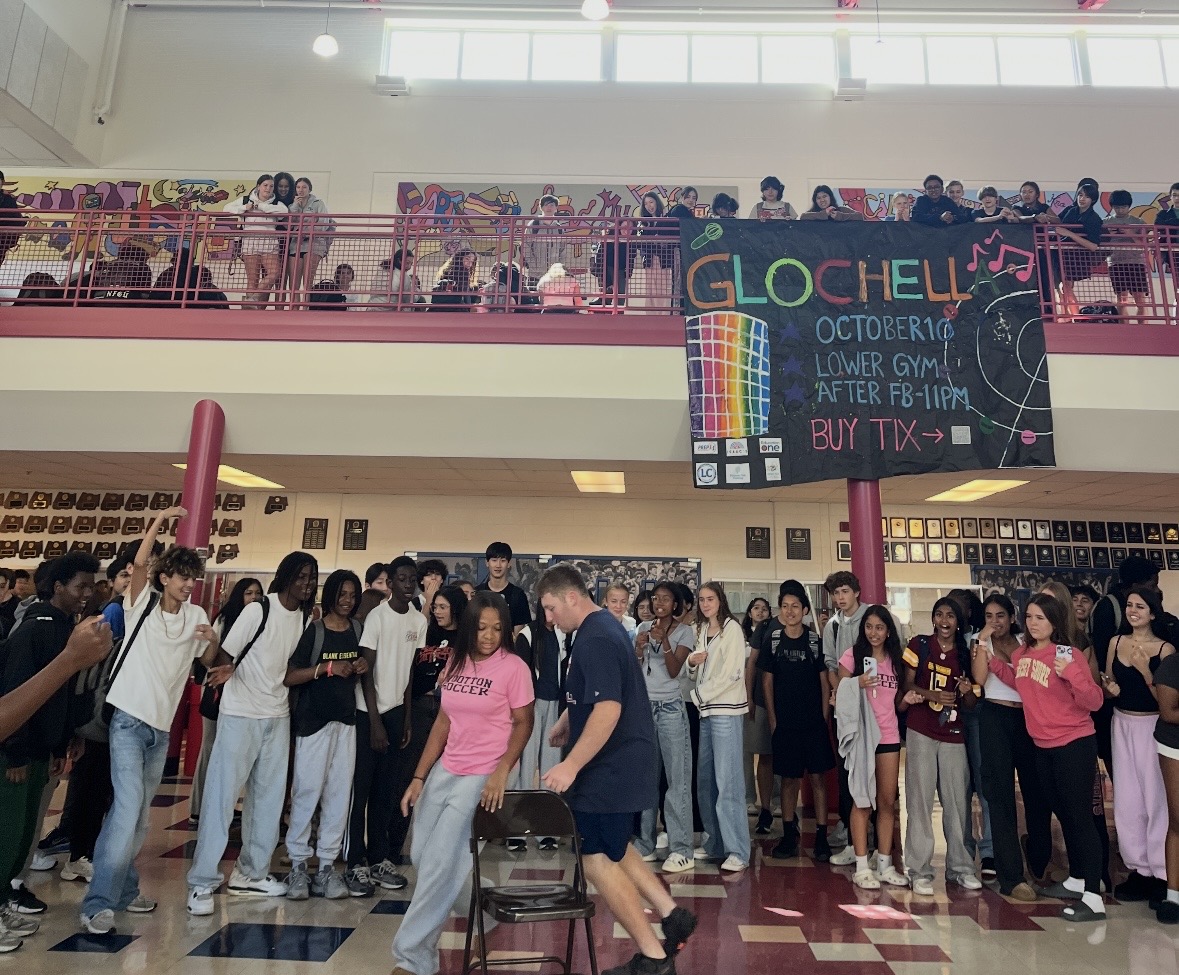President Donald Trump further launched his plan toward protective and reciprocal tariffs on foreign countries on Apr. 2. In what is referred to by Trump as liberation day, the plan declared a 25% tariff on automobiles and a 10% baseline tariff on imports from all countries. Popular clothing brands based in foreign countries, including Triangl swimwear, will be subject to a jump in price.
While politically engaged adults had been expecting such tariffs to be implemented since Trump’s inauguration, the tariffs came as a shock to average shoppers, specifically teens who first learned of the policy through viral Tik Toks showcasing individuals attempting to buy Triangl bikinis (a company based in Australia).
As Australia is subject to foreign country tariff, a $99 swimsuit will have the new total price of $300.57, with $20 towards shipping, $5.94 in taxes and a whopping $175.63 in duties. “I had had a bikini in my cart ready to check out, so I was really upset when the price was raised, especially because summer is coming so soon,” sophomore Elena Bernal said.
Initially founded in 2012, Triangl bikinis have remained popular, gaining 2.5 million Instagram followers for the trendy neoprene swimwear. However, the brand sells strictly online, largely to U.S. based customers. In addition to disappointing fans like Bernal, the brand itself may see its decline. While Triangl bikinis are currently selling for upwards of $400, the brand’s initial intention was affordable swimwear. Initially, “we wanted something on trend in the $60 – $150 price range,” Triangl co-founder Erin Deering said to Forbes Australia.
Triangl is not the only fashion brand taking a hit as a result of tariffs. Nike, Ralph Lauren, Gap, American Eagle and other popular U.S. consumer lines, manufactured in foreign countries, are facing a 30% decline per company share. With increasing duties, including a 54% tariff on Chinese imports, companies are forced to raise prices in order to maintain balance. As a result, in an effort to soften the blow and offer transparency, brands have started including tariffs directly at checkout, naming them as a line item similar to taxes. “I first started noticing tariffs being included when I went to check out jeans online at American Eagle, “ sophomore Benedict Santos said.
While tariffs on clothes – specifically bikinis – are likely not the first thing on politicians’ minds, the increase in price has largely upset Americans, with 76% of consumers claiming they were concerned about the impact of tariffs on fashion, according to Vogue. Particularly concerned are teens, a newly politically engaged and strong demographic that will soon begin voting in federal elections. “I find out most of my political news through Tik Tok, but when I saw things about Triangl tariffs I immediately started asking questions and texting my friends about it,” sophomore Jia Micalizzi said.









